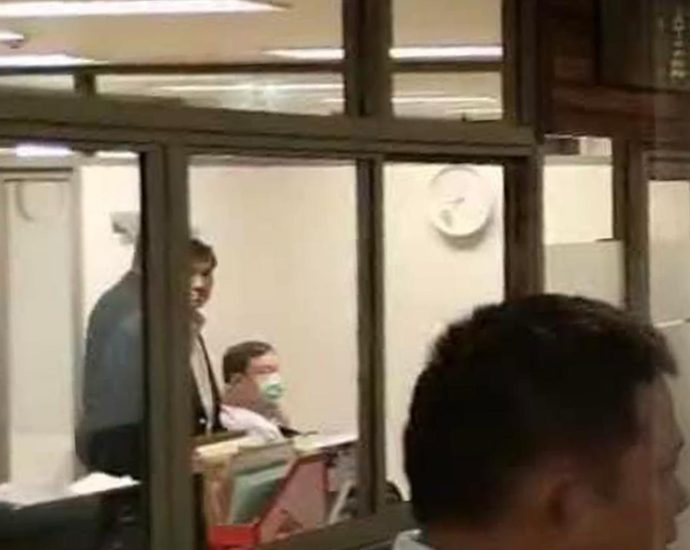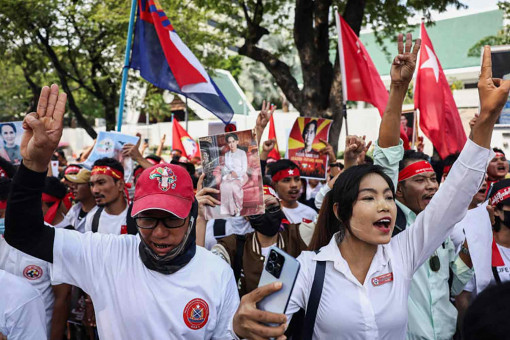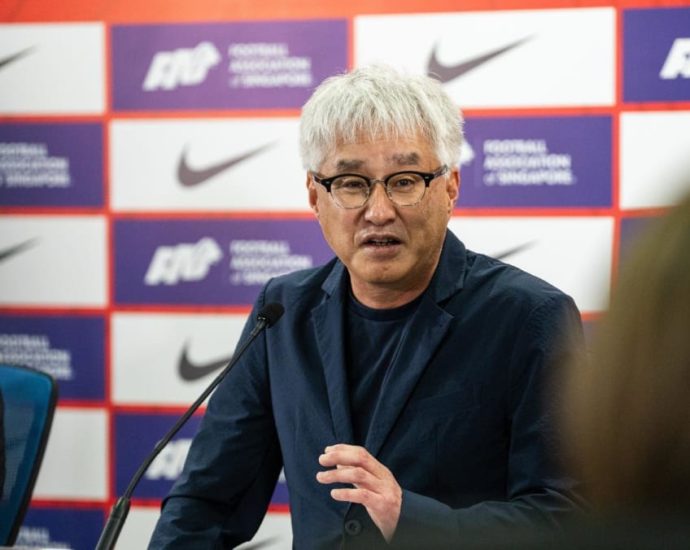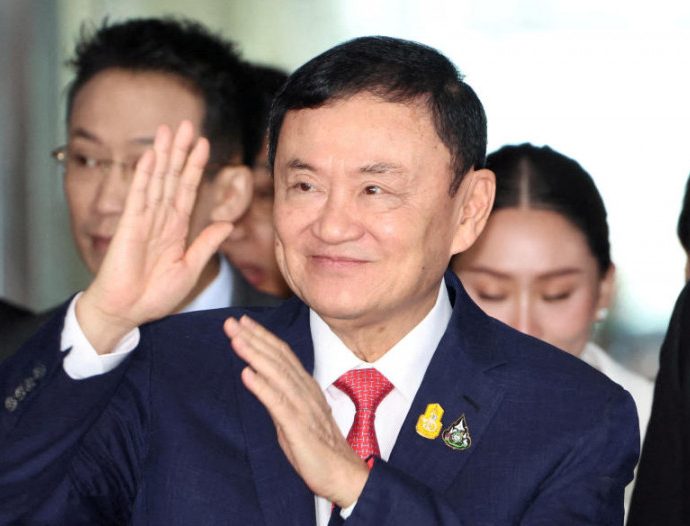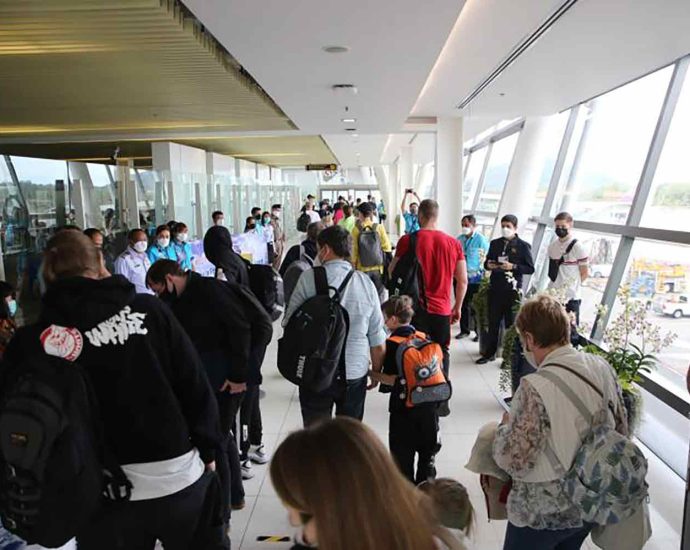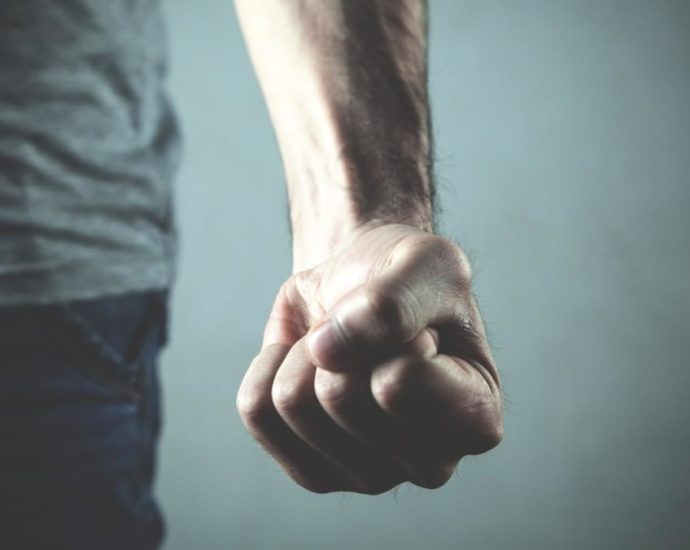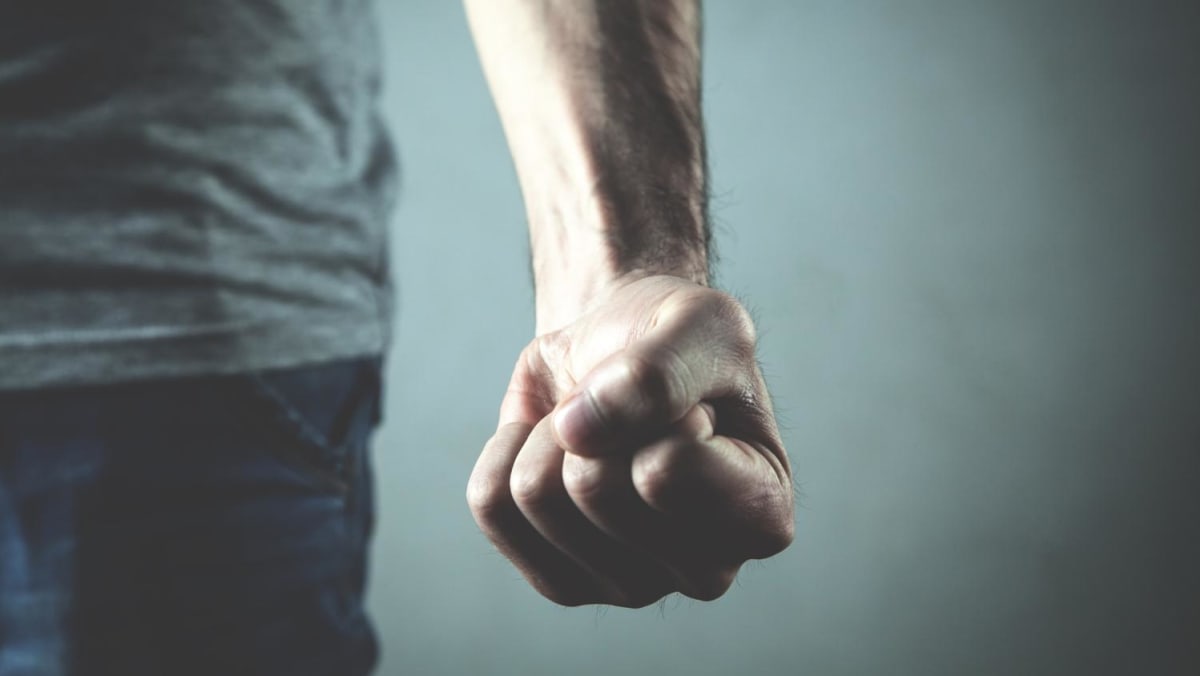PM gives land contracts to farmers

Vows upgrades to army camp, hospital
PUBLISHED : 20 Feb 2024 at 04:00
UDON THANI: Prime Minister Srettha Thavisin yesterday presented lease contracts for more than 10,000 rai of land owned by the 3rd Field Artillery Regiment to farmers.
Mr Srettha, who was on the third day of an official trip to the upper northeastern region, was joined by Deputy Finance Minister Julapun Amornvivat, Defence Ministry Sutin Klungsaeng, and Army Chief Gen Charoenchai Hinthao.
Early in the day, the prime minister handed the contracts to about 500 farmers who had registered to participate in the Nong Wua So development scheme.
The scheme was devised by the government to protect the nation’s small farmers, said Mr Srettha, adding that a thorough study had been conducted before the project was launched.
The project will not only help with the nation’s security but also eradicate poverty faced by many landless farmers.
With that in mind, the government met with the chiefs of every branch of the armed forces, as well as the Treasury Department, as the legal owner of the lands, to discuss the possibility of distributing some land to poor farmers.
Mr Srettha said he was impressed with the development plan and expected the scheme to be expanded to other areas.
The government delegation then visited the Prachaksinlapakhom Camp in Muang district to observe the camp’s condition.
Mr Srettha said that the trip to the barracks was aimed at improving the quality of life of the soldiers.
He said the soldier dormitories, some of which were built in the 1950s, were in poor condition, so the government will draw up plans to renovate the dormitories to bring them up to modern standards.
The group also stopped by Prachaksinlapakhom Hospital in the camp.
The hospital, which is equipped with 200 beds and staffed by 19 doctors, caters to soldiers as well as members of the public living in nearby areas.
After learning the hospital has a doctor-to-patient ratio of 1:14,000, Mr Srettha promised to look into channelling some additional funding to the hospital.
According to Gen Charoenchai, the government’s Gold Card universal healthcare scheme covers medical treatment at hospitals located on army bases.



